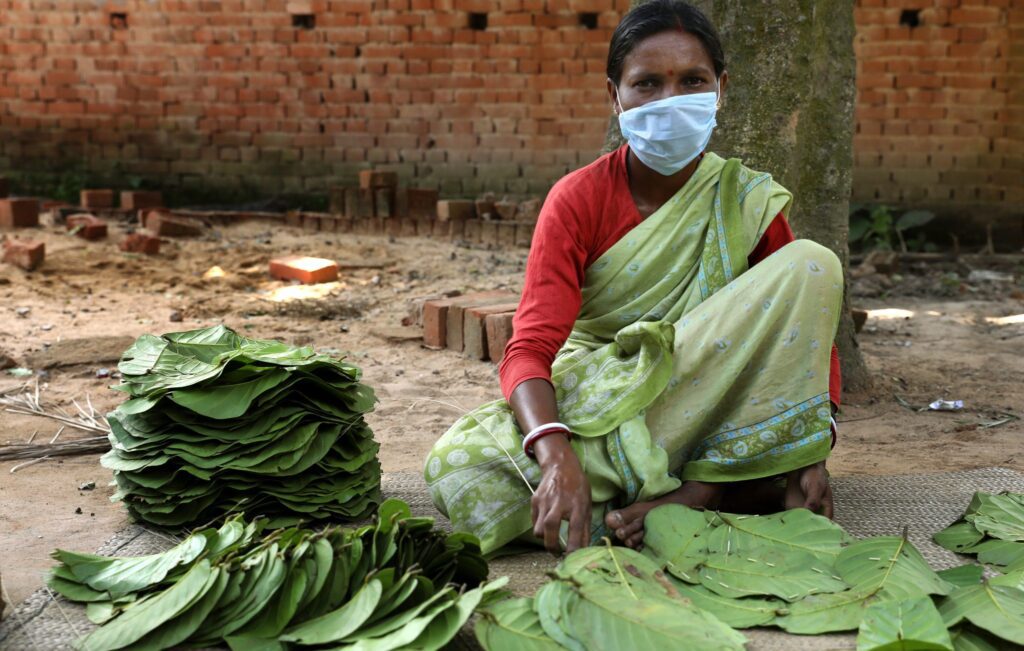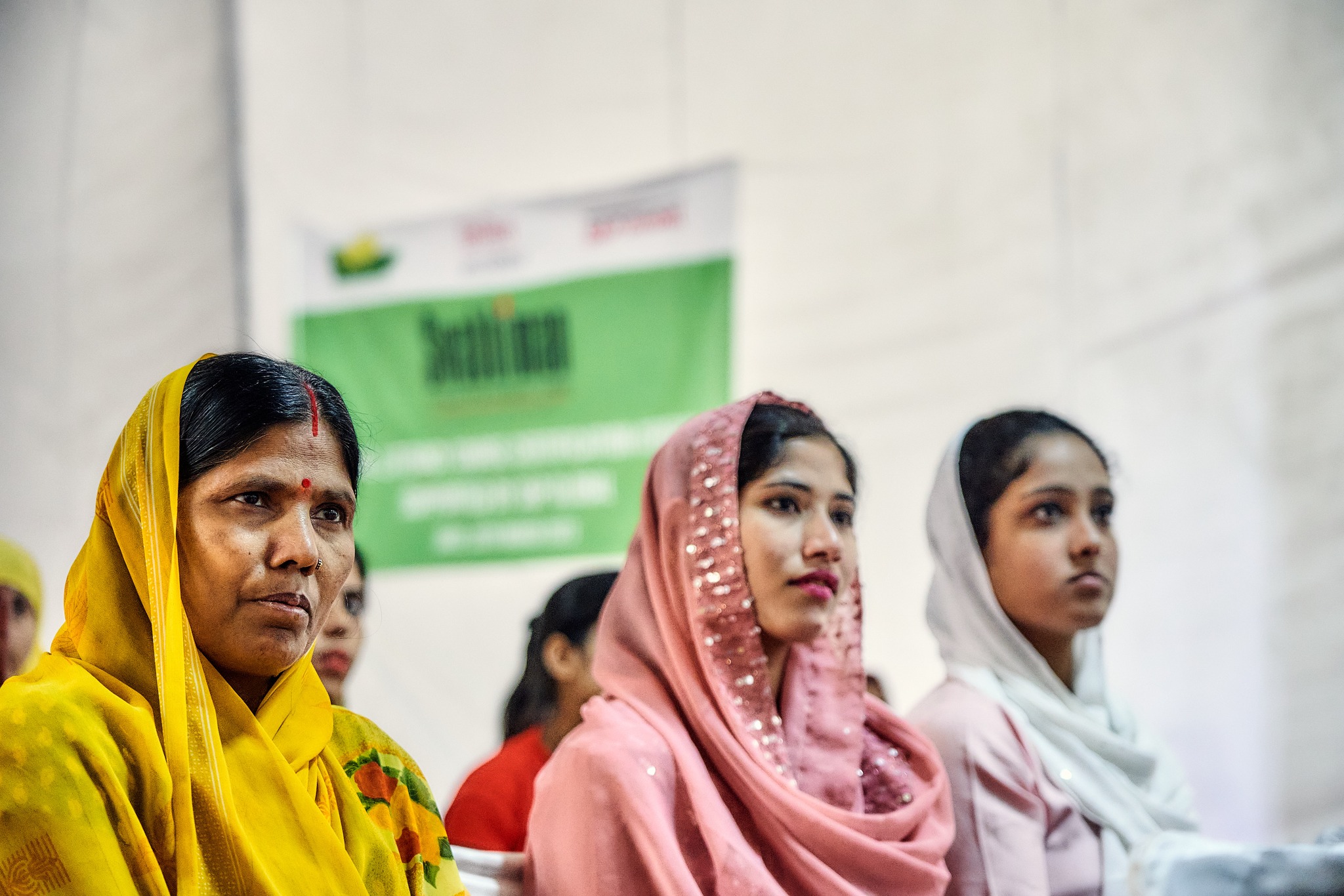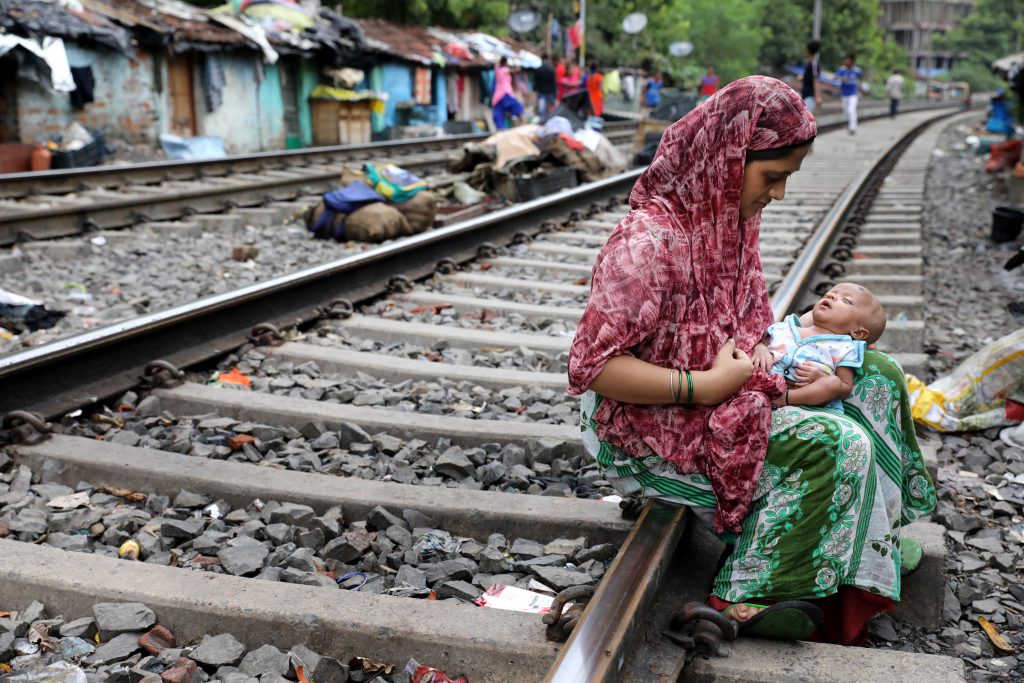The COVID-19 pandemic has seen a substantial impact on employment around the world. This is particularly for those working in the informal sector. Over 60% of all workers globally are classified as ‘informal’. However, has the informal sector recovered from the pandemic?
Informal sector and the pandemic
The pandemic interrupted the livelihoods of many workers in the informal sector. The lockdowns that followed dealt more blows to this sector than ever before. The informal sector is yet to recoup their losses, and their income is yet to be restored to pre-COVID-19 levels. According to a survey conducted by Azim Premji University, 15% of informal sector workers remain unemployed after quitting their jobs. Furthermore, 23% of those polled had lost their jobs due COVID-19. Nearly half of those surveyed (46%) are still working in the same job but for less money.
Many people were able to return to work after the lockdown restrictions were relaxed. However, unemployment and underemployment remain prevalent. A survey by Action Aid reveals some telling figures. It says that 16,961 informal workers from 28 states and UTs constituted 48% of informal sector employees. They remained jobless, while 42% worked substantially fewer hours per week than before the lockdown.
Rural unemployment was 53% and urban joblessness was 36%, respectively. However, underemployment rates in rural and urban areas were over 39% and 50%, respectively. The Action Aid research also indicated that recovery differed greatly by industry and kind of job. It stated construction operations recovering the slowest and agricultural activities recovering the fastest.
Changes in working conditions
For workers in the informal sector, having benefits such as flexibility in work hours may not be as appealing. This is because the formal sector poses other insecurities related to income, physical and mental health, and other uncertainties. COVID-19 has aggravated this.
Due to the ambiguity of the complete ramifications of the pandemic on the economy and anticipated shifting risks of future pandemics, these shifts in the balance of an individual’s costs and benefits are likely to persist for some time.
There has been a rapid rise in working from home, along with the likelihood that remote-based operations will continue in the next few years. This will shift the balance between formal and informal employment, as well as persons who combine formal and informal labour. As a result of more work from home, social and childcare obligations (typically delivered informally) may increase.
Is there a rise or reduction in the number of people who work informally?
The ratio of informal to formal labour is shifting.
Past and future economic shocks–such as financial crises, health, demographic, and environmental challenges–could add to pressure on workers for better and more secure jobs. Some firms, on the other hand, may respond by increasing the employment of informal and casual labour.
Major health, economic, and other developments will certainly have far-reaching consequences for individuals and communities in terms of informal employment.
As the balance between formal and informal work shifts, the two may become more polarised. However, the future balance between formal and informal labour is uncertain. It will be critical to protect the working conditions and benefits of those who work informally and to integrate them into the formal labour market.
The future balance of informal and formal employment is unknown. However, several bodies have made strong recommendations for well-thought-out initiatives to establish more robust, long-term recoveries that address workers’ holistic needs, rights, and ambitions.
In the next few months, surveys performed by the government and non-governmental organisations will reveal the entire effects of the second wave on the lives of informal workers. What is clear is that India’s 500 million working people require a good rescue package. This ensures consumption security, which can be attained through expanded public employment guarantee programmes such as MG-NREGS, and continued direct cash transfers to poorer households. Also the rapid implementation of the “One Nation, One Ration Card” policy is important. A fundamental right to work would be a necessary step in the right direction.









